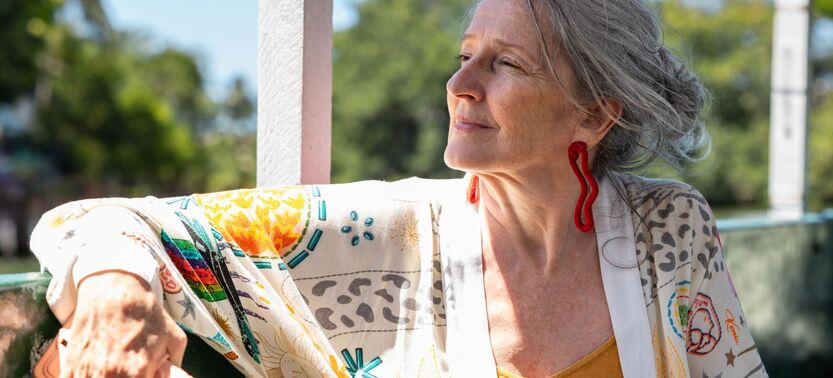Solo Travel After 60: Finding Community on the Road
Explore how solo travel after 60 can lead to meaningful connections, personal growth, and new friendships while maintaining safety and security through proper planning.

The image of the solo traveler often conjures someone in their 20s with a backpack, but increasingly, travelers in their 60s, 70s, and beyond are discovering the joys of setting out on their own. Far from being lonely adventures, solo travel for mature adults often leads to richer social connections than traveling with companions from home.
"When I travel with friends, we tend to stay in our little bubble," explains William Chen, a 68-year-old retired accountant who began solo traveling after his wife passed away. "Traveling alone, I'm much more likely to strike up conversations with locals or other travelers. I've made lifelong friends this way."
The solo travel boom among older adults has created entirely new types of travel communities. Small-group tours designed specifically for mature solo travelers have proliferated, offering the perfect balance of independence and companionship. Companies like Road Scholar and Overseas Adventure Travel have responded to this trend with numerous departures specifically designated for solo travelers, many with reduced or waived single supplements (the bane of the solo traveler's budget).
Cruises, too, have evolved to welcome solo travelers, with many newer ships featuring single cabins and dedicated lounges and activities for those traveling alone. River cruises, with their smaller passenger counts and focus on cultural experiences, have proven especially popular among mature solo travelers seeking community.
Digital communities have also emerged to connect older solo travelers. Facebook groups like "Solo Travel After 60" and apps such as Meetup allow travelers to connect with like-minded explorers, sometimes resulting in impromptu meet-ups in destinations around the world.
For many, solo travel offers a chance for self-discovery at a time of life when many are redefining their identities after retirement, caregiving responsibilities, or the loss of a partner.
"After my husband died, I needed to figure out who I was on my own," says Patricia Diaz, 71. "Traveling solo forced me out of my comfort zone in the best possible way. I discovered I'm more resourceful, adventurous, and social than I ever realized."
While solo travel offers tremendous freedom and opportunity for personal growth, it does require extra consideration for safety and contingency planning. Keeping family informed of your itinerary, carrying essential medications in your carry-on, and arranging for regular check-ins are all prudent practices.
Equally important is securing comprehensive travel insurance. For solo travelers especially, knowing you have access to emergency assistance services can provide crucial peace of mind. Providers like Chubb, an AgeFriendly Member Benefit partner, offer 24/7 assistance that can help with everything from medical emergencies to lost passports.
As more of us discover the joys of solo travel in our mature years, we're redefining what it means to explore the world on our own terms – finding community, connection, and new facets of ourselves along the way.














There are no comments for this article yet. Be the first to leave a comment